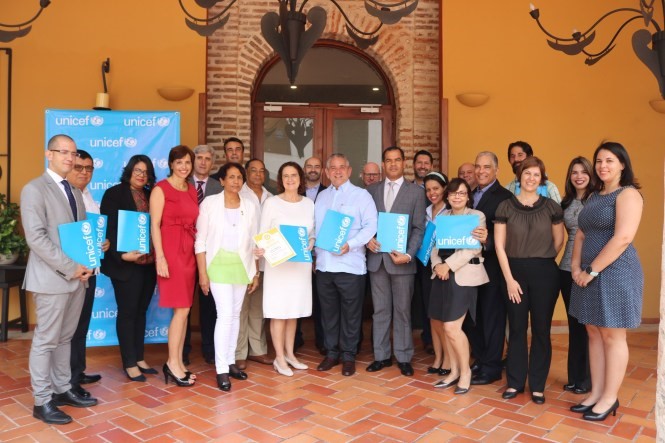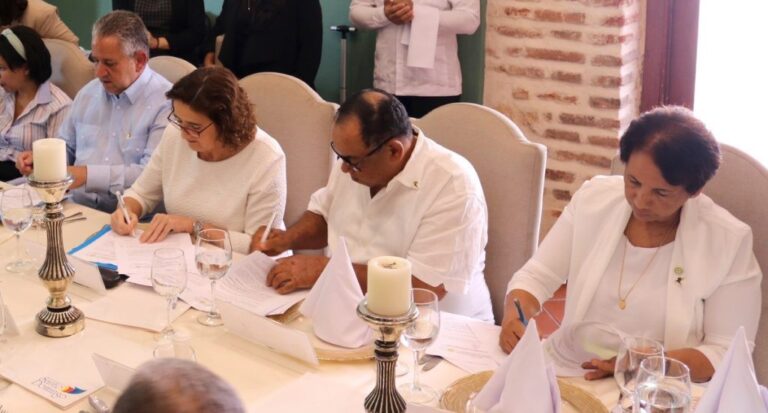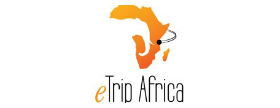Local Code Representatives ECPAT MAIS have officially welcomed 12 hotel companies as members of The Code in the Dominican Republic, in collaboration with UNICEF and Association of Hotels and Tourism Companies of Santo Domingo (AHSD), who also became a member.
The sexual exploitation of children in travel and tourism is an ever-pressing issue that requires the collaboration and leadership from the travel and tourism industry to ensure travelling child sex offenders to do not misuse their facilities to commit crimes against children. No country is immune to the sexual exploitation of children.
By becoming members of The Code they commit to ending the sexual exploitation of children by incorporating into their social responsibility policy a zero tolerance to child exploitation and training staff to detect and respond to suspected cases of sexual exploitation.
In addition, they will provide information to travellers and tourists through brochures, posters, videos, and visible messages in their facilities; introduce a clause in their contracts with suppliers establishing the common repudiation for the sexual exploitation of children and promote The Code as a best practice tool for responsible tourism among their partners and stakeholders
The new members of The Code along with AHSD, Casas del XVI Boutique Hotel El Embajador, a Royal Hideaway Hotel; Embassy Suites by Hilton; Hotel Hampton by Hilton; Hotel Hodelpa Nicolás de Ovando; Hotel Billini y Hotel Crowne Plaza, Asimismo, Hotel El Napolitano; Hotel JW Marriot; Hotel Radisson Santo Domingo; Hotel Renaissance Santo Domingo Jaragua;

The representative of UNICEF in the Dominican Republic, Rosa Elcarte, stressed the importance of working in partnership with the tourism sector to eradicate child sexual exploitation, which constitutes “a threat and a crime against the rights of children” and affirming that the prevention and elimination of child sexual exploitation “is only possible if civil society, communities, authorities and the private sector work together and in coordination.”
He also said that with membership to The Code “We will be able to attract more and better tourism, that would know that both their children and the children who live in the Dominican Republic are protected, and we will generate even more successful and sustainable businesses which will bring a greater development to the country.”
For his part, the founder of ECPAT MAIS, Luis Antonio Méndez Jiménez, as representative of The Code in the Dominican Republic, highlighted the country’s leadership as pioneers in the promotion of the tool: “the first global initiatives which prove The Code have taken place in the country in response to complaints about the use of the tourism sector for sexual exploitation purposes almost twenty years ago.”
The Code currently has 44 members based in the Dominican Republic and 57 with operations.
Read more in Spanish here.



